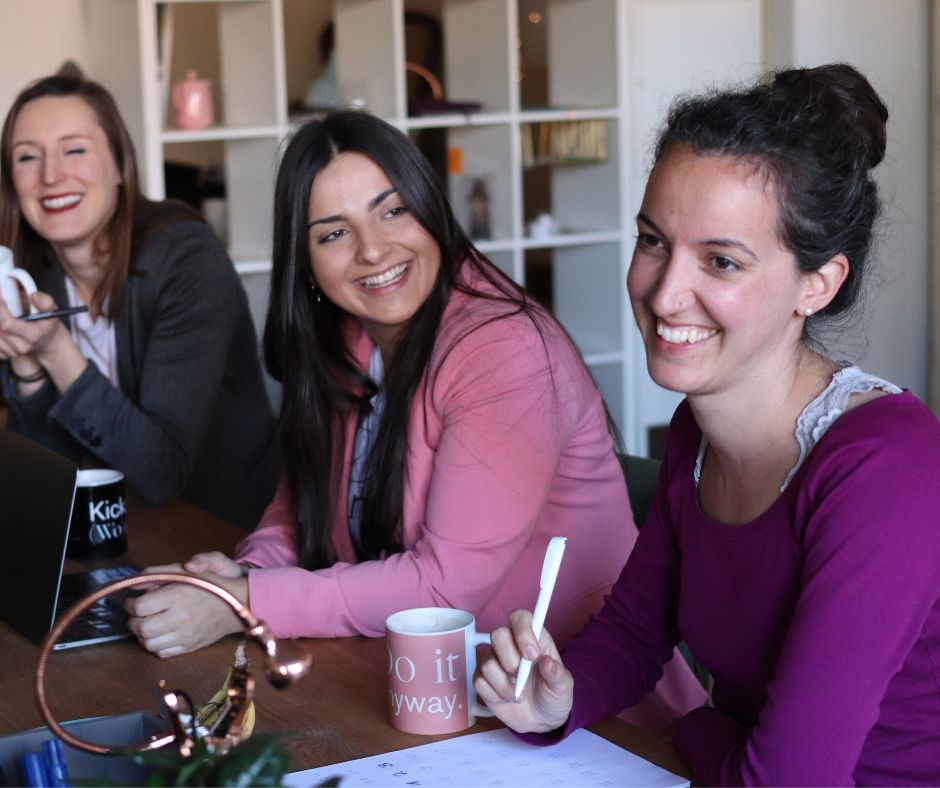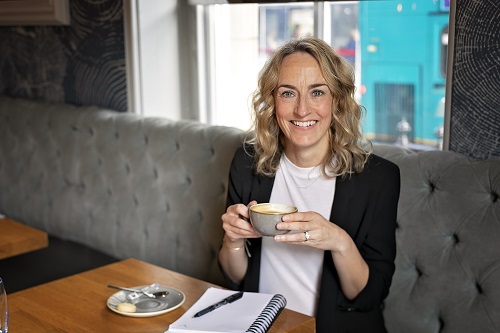
By: Stephen Bollinger, CEO and Founder of Rinovum Women’s Health, Inc.
A recent study shows that two in three women between the ages of 18-24 are uncomfortable talking about the female anatomy. Let that sink in for a moment.
A large percent of women are uncomfortable getting “real” about their bodies and having an open dialogue about their body parts. This makes it all but impossible to have a genuine conversation about the common health issues that millions of women face during their lifetime (yet often deem “embarrassing”).
There still seems to be this misconception that women only have to deal with an “embarrassing” health matter a few days every month. We understand the female body changes significantly overtime, especially after bearing a child, but the conversation ends there. We, as a society, aren’t always willing to talk about how the body changes and what solutions are available on an ongoing basis.
The reality is that each day women around the world face an ‘awkward’ health issue. And oftentimes stay silent for fear of embarrassment. This silence needs to change, so women can feel more empowered to take charge of their own health and live a confident, happy life.
Breaking Down The Barriers
The key is to break down the barriers preventing these conversations to make information and solutions more widely available, especially for women dealing with health issues like heavy periods, lack of intimacy or light bladder leaks. Having an honest and open dialogue about these issues may allow women to feel safer and more comfortable seeking advice from medical professionals or finding over-the-counter options.
Below are a few common health issues that have recently seen the introduction of more comfortable or less intrusive treatments:
Menstrual Issues
Many women experience menorrhagia, or heavy menstrual bleeding, that causes women to feel weak and tired. Until recently, the only solutions available were tampons and pads that had to be changed after less than two hours. They were uncomfortable and often carried an odor.
An increased conversation about this issue has led to options, such as menstrual cups, which last all day. Menstrual cups are discreet, so there’s no need to fear loud ripping sounds of opening a pad in your work bathroom. They’re also easy-to-clean and better for the environment.
Sexual Wellness Issues
Sexual wellness issues are common for many women who are (or wish to be) sexually active. Lacking an urge or feeling dry can actually be due to Hypoactive Sexual Desire Disorder (HSDD).
HSDD can make women avoid intimacy, leading to self-esteem issues and stress in relationships. Millions of women – an estimated one-in-ten – experience these types of sexual wellness issues, including many women as young as 20.
Breaking down barriers to this type of conversation may encourage these women to visit a medical professional because, oftentimes, these issues are treatable.
Bladder Control Issues
Approximately one-in-three women – or more than 15 million women – in the U.S. experience some form of bladder leaks, or the sudden loss of urine, when running, laughing, sneezing or coughing.
It can happen to women of all ages and is most common after childbirth. Bladder support devices, such as Revive, help mitigate light bladder leaks, so women can go about their normal routine.
Getting Help
The ‘region’ from the waist down is often the most concerning ‘region’. Yet, it’s also the least discussed. These often ’embarrassing’ health issues can lead to stress, depression and severely impact the daily quality of life for women.
A recent shift in healthcare has made more women’s health products available online. This allows them to get the help they need without enduring uncomfortable face-to-face interactions with a doctor or store clerk. Many of these products can be ordered from the privacy of your home, allowing women to begin rebuilding their sense of self confidence.
No-One Should Feel Alone
Overall, the most important thing to remember is that all women experience health issues that they find embarrassing from time-to-time, so no-one should feel alone. Discussing these issues openly and without judgement will help shift the mainstream perspective and normalize these concerns, so more women will confidently seek the help they need, when they need it.








